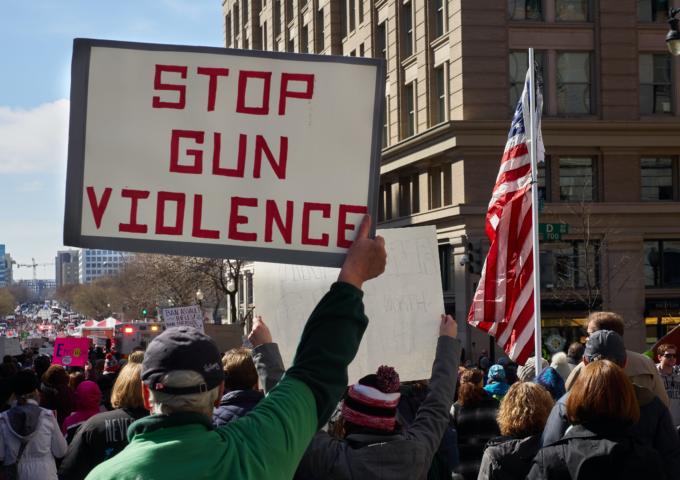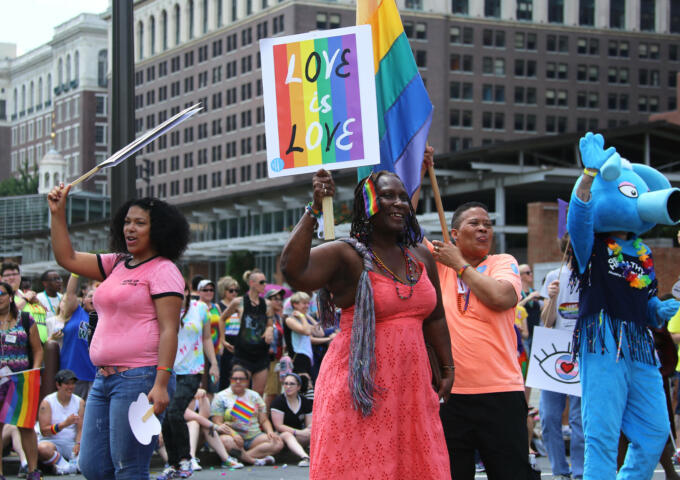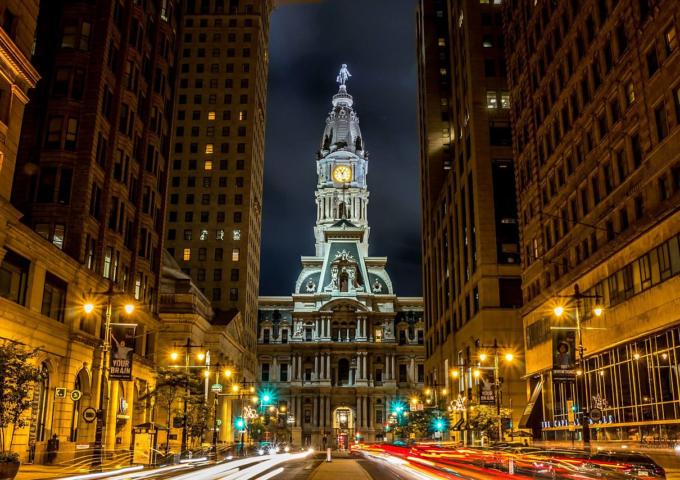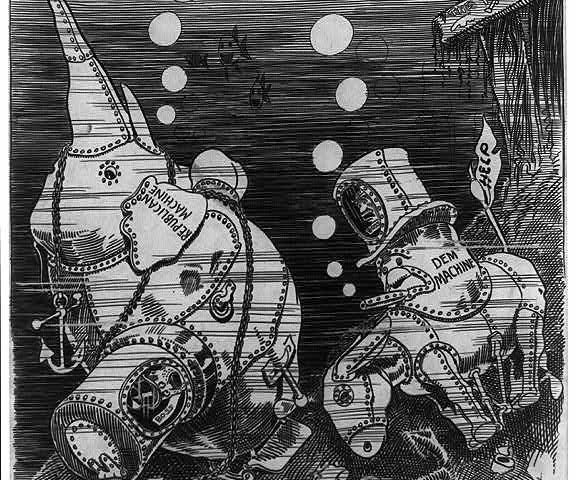As the incoming executive and senior editors for Philly Weekly, we thought an inaugural joint column would be useful to set the stage for what to expect in the coming months. Arts and cultural coverage will continue (and hopefully expand), but we also want to write a bit about our vision for making Philadelphia a better city in which to live, work, and get around.
Being conservative in politics gives us the chance to present readers with news and opinion from a different point of view. But more than that, it also gives us the freedom from having to inject politics into every article when it doesn’t belong there. Sometimes music is just music, art is just art, and sports are just sports. Sometimes, people just want to read the news—without constant reminders of the pre-approved worldview.
Where politics are a part of the story, too many people are asking the wrong questions. Readers need journalists to report and investigate more than they need an ideological sermon. That doesn’t mean journalists need to take a dull “view from nowhere;” it means that they should be more critical of politicians and activists who push their own agendas.
What we want to do at Philly Weekly is to report pragmatically, pointing out how the local government is failing its citizens, in addition to expanding our arts and cultural reporting. No agenda, just an open mind for solutions. Tearing down statues was symbolic and made a lot of people feel good, but politics needs to be more practical and less symbolic. Tearing down some of Philly’s outdated taxes, regulations, and zoning would mean concrete action, making it easier to live, work, and move around Philly.
People who want to make life better for the most marginalized folks in the city should realize that making it easier to create good jobs in a business-hostile place would do far more to build wealth for everyone, not just the well-off.
There are great things about Philadelphia: We should be expanding access to those things for everyone and demand basic improvements. Philadelphia should mean opportunity.
How could we make this happen?
We can start by bringing jobs back to where the people are. Starting a business in Philadelphia is absurdly complex without reason. Simplifying the process helps entrepreneurs who don’t have connections in city hall. Other big cities move much faster than Philly with less paperwork; it’s time to copy them even if doing so upsets the status quo. If the city wants to help people, they should prioritize cutting wage taxes so workers can take home more of their pay and businesses aren’t tempted to flee to the suburbs.
We should also work to get people where they need to go. Cutting taxes for parking garages won’t benefit many people. Fixing the potholed streets, adding protected bike lanes, and running more buses to make mass transit more reliable, will. The mayor and city council are sitting on their hands as SEPTA struggles to return to full service. SEPTA needs to have top priority on the streets; it’s the lifeblood of the workforce. It also needs better oversight to ensure its funding benefits the riders and the city, not its administrators.
Perhaps most importantly, the city needs to reckon with its imminent housing crisis. In 1867, Philly built 4,500 new units of housing; in 2019, it only built 2,100. The city’s “Housing for Equity” plan, published in 2018, is laughable. At best, it wishes away the problem. At worst, it makes a cynical promise while knowing that nothing will change. The city has 43,000 people on the housing authority’s waiting list, not to mention 125,000 renters and homeowners spending half their paycheck on rent. Yet there is no urgency in creating a building boom. The city’s apathy is unconscionable and an indefensible failure. Unless Philadelphia can hit 10,000 new units annually, the cost of rent will look like Washington DC, Seattle, and New York. Welcome to the Delaware Valley’s banana republic.
The NIMBYism of the city means that developers can only legally build “luxury” apartments or single-family housing, and the poor suffer. Change the rules to allow developers to build more apartment units faster (and make a profit), and the developers will succeed where the city has failed.
We want Philly Weekly to be the place where people discuss all of this and more, where they can talk about doing something different to make the city better. News coverage should drive the conversation, but it shouldn’t dictate the outcome. Because that’s not what a conversation is.
A real exchange of ideas requires give-and-take, back-and-forth, and even hearing something you disagree with now and again. That’s part of what we hope to achieve with Philly Weekly and altPhilly. Philadelphians have never been good at being told what to think. We don’t think you’re going to start now.






